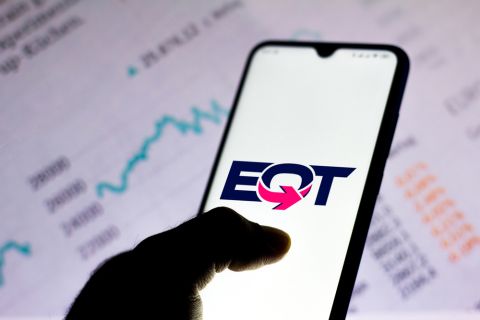Chevron Corp. joined a collaboration with Air Liquide, LyondellBasell and Uniper SE to evaluate the potential for a hydrogen and ammonia production facility on the U.S. Gulf Coast, according to a press release on Oct. 19.
The consortium would study the potential project, which would cover all aspects of the energy value chain and use each company’s production, operational experience, storage, distribution and export logistic expertise.
Should the companies choose to develop the facility, it would support industrial decarbonization and mobility applications in the surrounding area, as well as grow clean ammonia exports, both of which would help increase the international supply of low-carbon power.
“Across the value chain, collaborations are critical to developing a hydrogen ecosystem, and this is an example of bringing together leaders in the space to explore lower carbon hydrogen opportunities and to contribute complementary expertise," Chevron New Energies vice president of hydrogen Austin Knight said in the release. "We are seeking to accelerate the deployment of lower carbon solutions and believe companies like Chevron can help bring the capabilities needed to make this a reality."
The consortium will be specifically assessing the project's hydrogen-producing potential using natural gas with carbon capture and storage (CCS) and renewable hydrogen through electrolysis. The hydrogen would then be used to supply end-use markets such as ammonia, petrochemicals, power and mobility.
The project would generate pipeline infrastructure advantages along the U.S. Gulf Coast should it proceed, allowing for the supply of lower carbon and renewable hydrogen to local industrial clusters. Similarly, ammonia infrastructure could help provide Europe and the Asia Pacific region with exports.
"The Gulf Coast is the ideal location to model hydrogen and carbon capture technologies as immediate pathways to decarbonizing hard-to-abate sectors," Air Liquide North America CEO Adam Peters said in the release.
“Uniper is very excited to collaborate with this unique group of companies to explore a truly transformative U.S. Gulf Coast hydrogen infrastructure project," Uniper North America president and CEO Marc Merrill added. "We look forward to bringing the best of our U.S. business and global technical and commercial platforms to support this effort."
Together, the companies possess the necessary expertise in air separation, hydrogen, lower carbon intensity and renewable natural gas, CCS, electrolysis and petrochemical technologies to develop the potential project.
“While our products play an important role in helping to enable greenhouse gas emissions reductions through their use in renewable energy technologies, such as wind turbines, solar panels and electric batteries, we are also taking concrete steps to reduce the greenhouse gas emissions from our operations," LyondellBasell senior vice president of Olefins and Polyolefins Americas Aaron Ledet commented.
Recommended Reading
PHX Minerals’ Borrowing Base Reaffirmed
2024-04-19 - PHX Minerals said the company’s credit facility was extended through Sept. 1, 2028.
SLB’s ChampionX Acquisition Key to Production Recovery Market
2024-04-19 - During a quarterly earnings call, SLB CEO Olivier Le Peuch highlighted the production recovery market as a key part of the company’s growth strategy.
BP Restructures, Reduces Executive Team to 10
2024-04-18 - BP said the organizational changes will reduce duplication and reporting line complexity.
Matador Resources Announces Quarterly Cash Dividend
2024-04-18 - Matador Resources’ dividend is payable on June 7 to shareholders of record by May 17.
EQT Declares Quarterly Dividend
2024-04-18 - EQT Corp.’s dividend is payable June 1 to shareholders of record by May 8.





